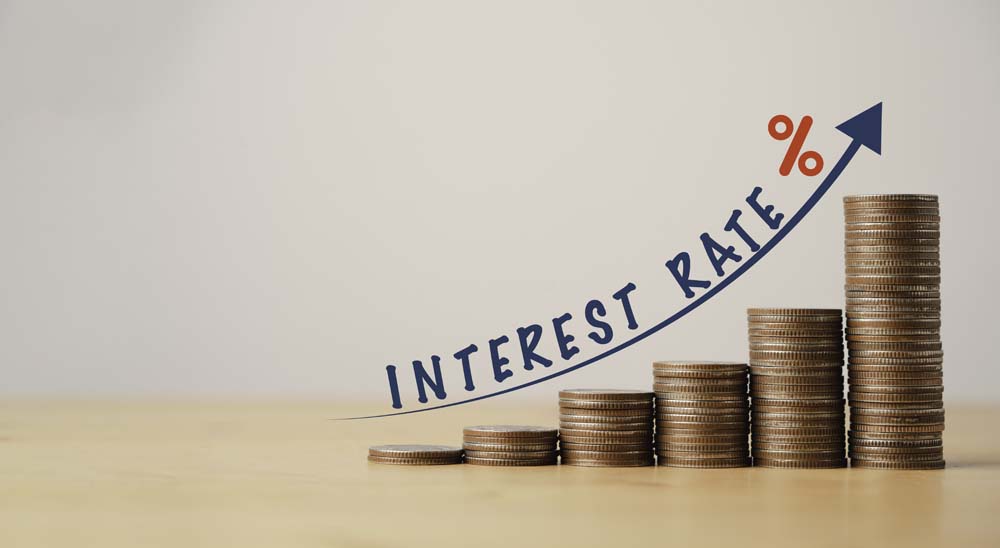Last Updated on 23/06/2023
In recent news, the Turkish Central Bank has made a significant decision to raise interest rates in Turkey to 15%. This move comes as an attempt to address the economic challenges of the country and stabilize its financial situation. The decision reflects the central bank’s commitment to implementing necessary measures to curb inflation and restore confidence in the Turkish economy.
A remarkable increase in interest rates in Turkey
Turkish central bank increased the benchmark interest rate in Turkey on Thursday. It nearly tripled it from 8.5% to 15%. As President Recep Tayyip Erdogan’s new economic team began a radical shift in monetary policy. The bank stated that unless the country’s inflation situation improves, there will be additional gradual monetary tightening. The country’s first rate increase since March 2021 was a massive 650 basis points. However, it fell short of expert predictions of a 1,150 basis point increase to 20%.
The interest rate in Turkey increase will take a while to show results
The central bank, released a statement declaring that the Committee decided to begin the monetary tightening process. It aims to establish the disinflation course as soon as possible, to anchor inflation expectations, and to control the deterioration in pricing behavior. However, several observers felt that the central bank’s action did not go far enough yet.
According to Reuters statistics, the Turkish lira dropped to a record low of about 24.1 versus the dollar after the increase in interest rate in Turkey. It went down from 23.54 before the decision was made. The policy rate will likely increase further, according to experts, and might reach 20% or higher.
Return to economic orthodox model

Inflation soared, crossing 80% in late 2022 and falling to just under 40% in May. Consequently, Turkey gradually reduced its policy rate from 19% in late 2021 to 8.5% in March. thus it has loudly advocated a strategy of decreasing rates instead of the conventional wisdom where rates must raise to control inflation. Turkish citizens experienced a cost-of-living crisis as a result of the lira’s sharp decline. In the previous five years, it has lost about 80% of its value relative to the dollar.
Simsek, the recently appointed finance minister who is well-liked by investors, is the mastermind behind Turkey’s drive to return to economic conventional model. This return started with the recent increase in the interest rate in Turkey. Moreover, Erdogan is ready to give the monetary planners greater autonomy. This came after years of exerting strict control over Turkey’s central bank. He also acknowledged that temporary suffering is necessary to repair the economy. Besides, appearing to give Simsek more control will appeal to markets.
Several policy changes to recover the Turkish economy

It will take a variety of policy adjustments to get Turkey’s economy moving again. Shortly after barely winning reelection, Erdogan chose former Goldman Sachs director Hafize Gaye Erkan to the position of central bank governor. And he appointed Mehmet Simsek, a former Merryl Lynch banker, as finance minister. Analysts had seen these nominations as a positive sign. In fact, with a rate of 39.5% last month, official statistics indicate that Turkey’s inflationary period is officially over.
Moreover, by increasing interest rate in Turkey, the central bank aims to tighten monetary policy and control the rising inflationary pressures. Inflationwas a major concern for Turkey, Consequently, this step is likely to rein in price increases and maintain price stability. The decision to raise interest rates also aime to attract foreign investors as higher interest rates can make the country’s financial assets more attractive and bolster capital inflows.




